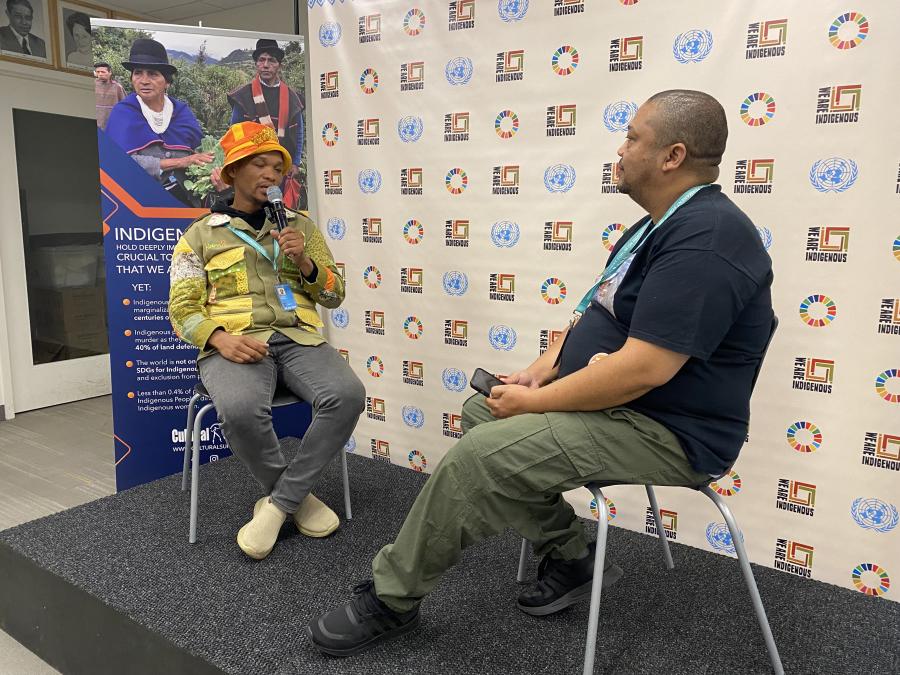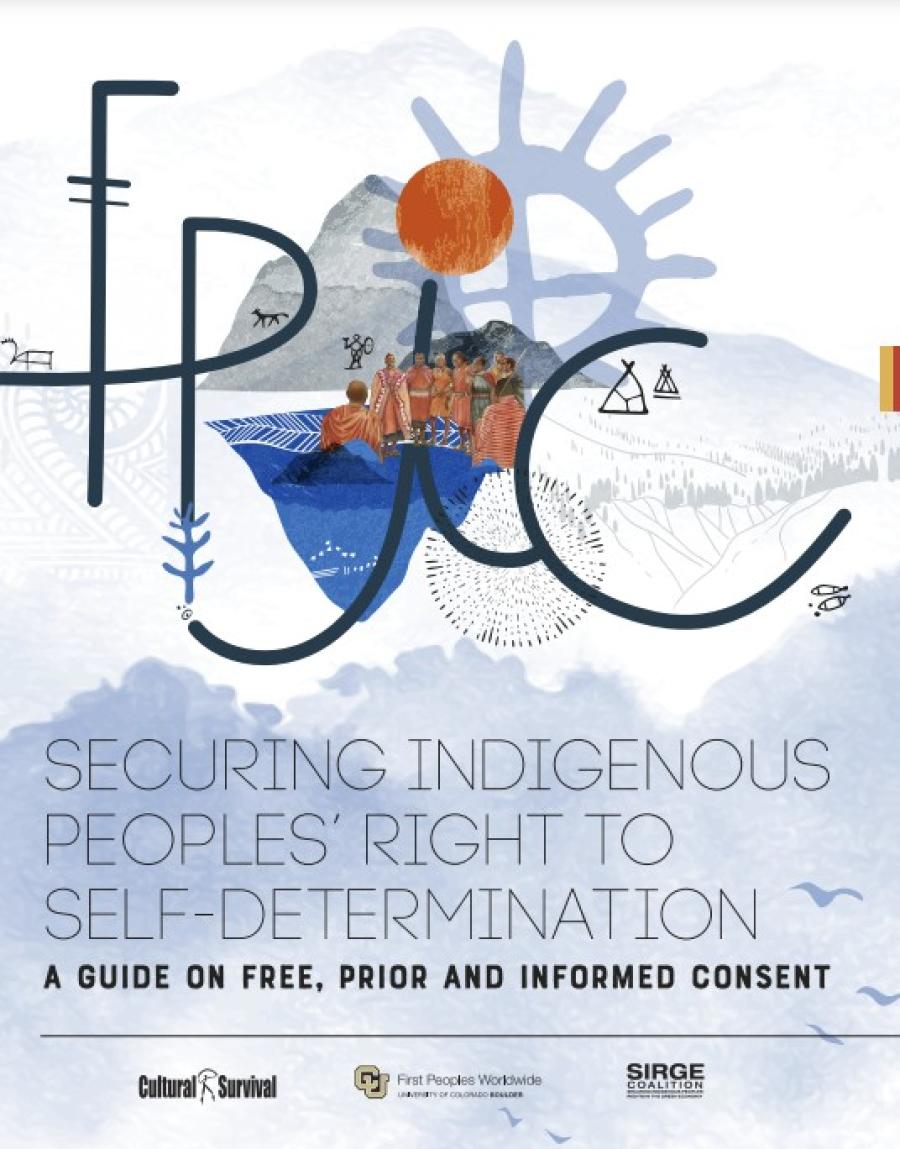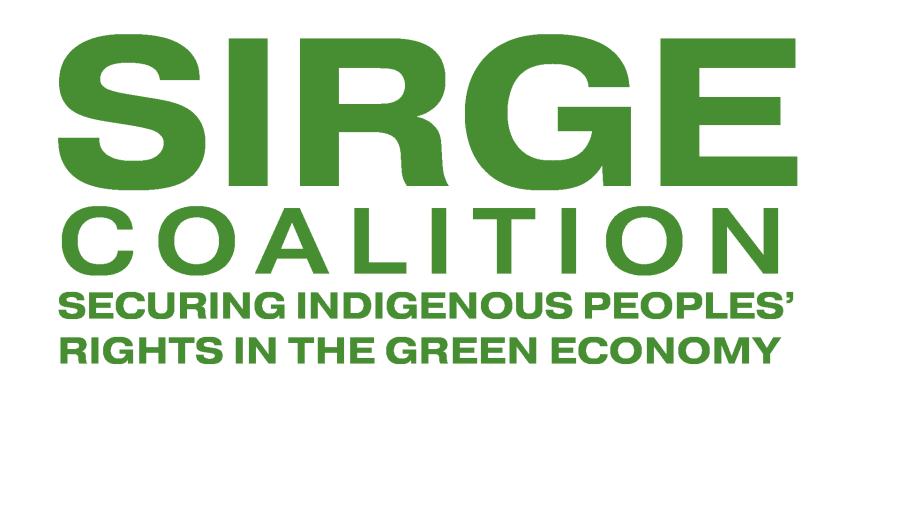Recently, the International Funders for Indigenous Peoples (IFIP) brought together Indigenous persons with disabilities and LGBTQ people to discuss their rights and issues of inclusion. The intersectionality and complexity of identities for each group deserves in-depth discussion and attention. In this issue we focus on Indigenous persons with disabilities and will do more in the future on Indigenous LGBTQ people.
The Indigenous rights movement has gained much ground over the last three decades and it is now becoming inclusive of even further discriminated and marginalized groups. Thanks to the generous funding efforts of foundations like the Disability Rights Fund and the Funders for LGBTQ Issues, Indigenous persons with disabilities and Indigenous LGBTQ people are gaining access to international meetings and developing connections across the globe. Their voices are being heard and they are demanding to be seen as rights holders, as can be seen from the slogan, “Nothing about us, without us.”
The courageous efforts of people like Setareki Macanawai, Doreen Demas, Perty Maguru, Menase Ntutu, and Ipul Powesau, who refuse to be marginalized, are pushing for global inclusion, participation, access to services, and justice for Indigenous persons with disabilities. As Demas states, Indigenous persons with disabilities need to be supported and seen as “as capable to be successful and to achieve; moving away from the charitable perspective or the medicalized perspective, seeing [them] as sick or needing protection, and often times pitied.” For Indigenous persons with disabilities, access and equitable rights to education, health, employment, and social services are primary needs and concerns. Our responsibility is to ensure these rights are respected, protected, and fulfilled.
Also included in this issue of the CSQ is the work of two-spirit artist Ty Defoe, whose art reflects the intersectionality of identities and is created to break “human divides.” In his words, his art “dispels the myths of a hierarchy as it allows humans to connect to each other and also to the rest of the living world, be it twolegged, four-legged, and even the elementals . . . nature, the wind. It allows us to be not just free thinkers but also feelers. It allows us to drop our masks and be ourselves. With the kind of transparency art facilitates, the world becomes such a better place.” As the UN Declaration on the Rights of Indigenous Peoples is implemented, we need to commit to the inclusion of the voices and concerns of Indigenous persons with disabilities in all efforts towards the realization of their rights. It is our responsibility to recognize and respond to the most vulnerable of our populations, including women and children.
It is most appropriate to conclude this letter with gratitude to Cultural Survival co-founder Pia Maybury-Lewis and express heartfelt blessing to her family. We deeply respect and honor the life of Pia, who promoted cross-cultural understanding believing that such an understanding could go a long way to ending violence against the world’s poorest and most marginalized peoples.
Suzanne Benally, Executive Director (Navajo and Santa Clara Tewa)



